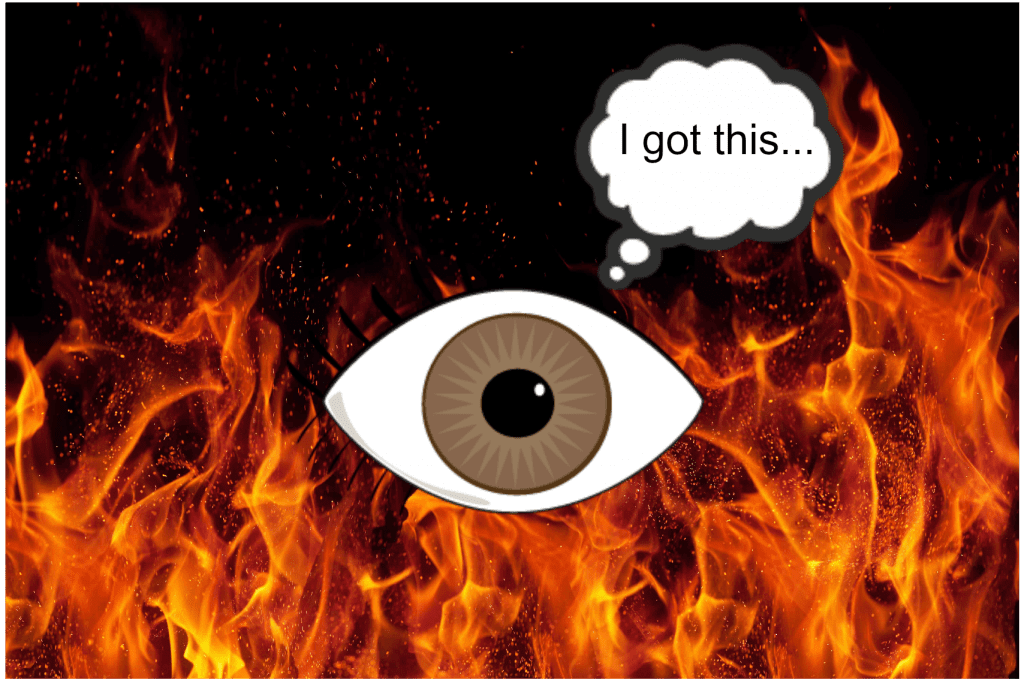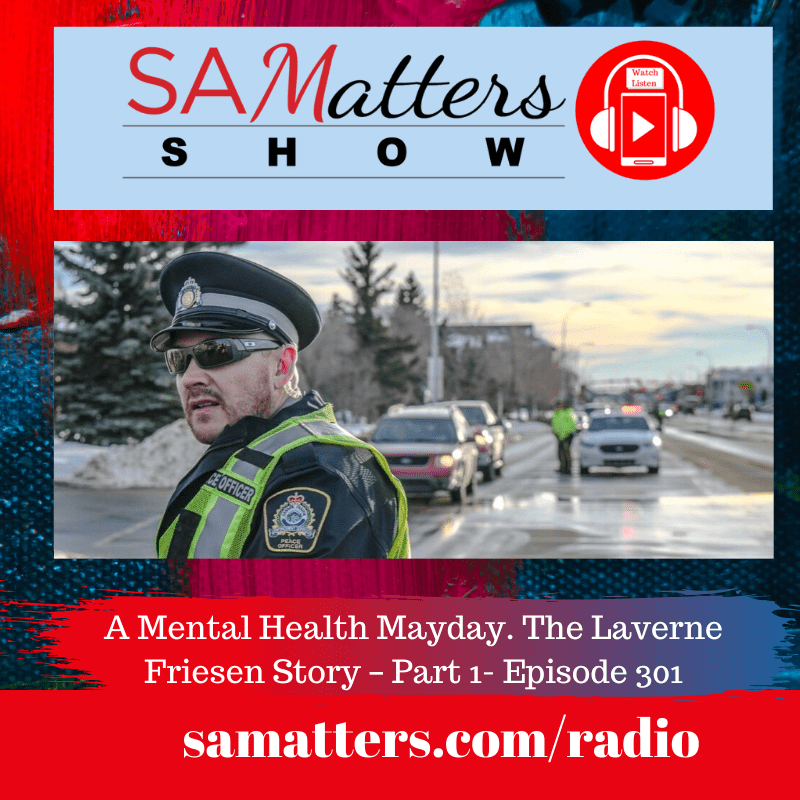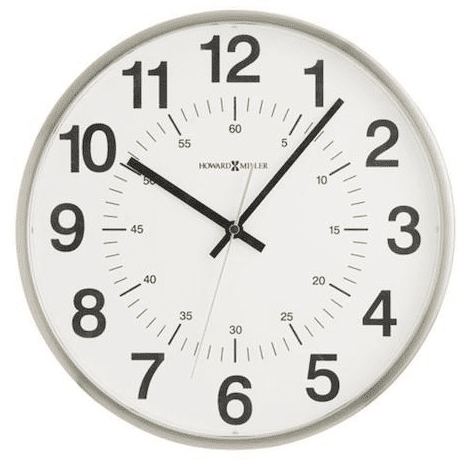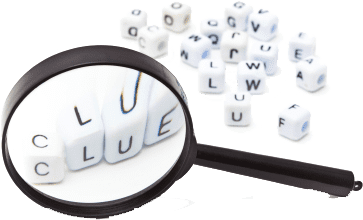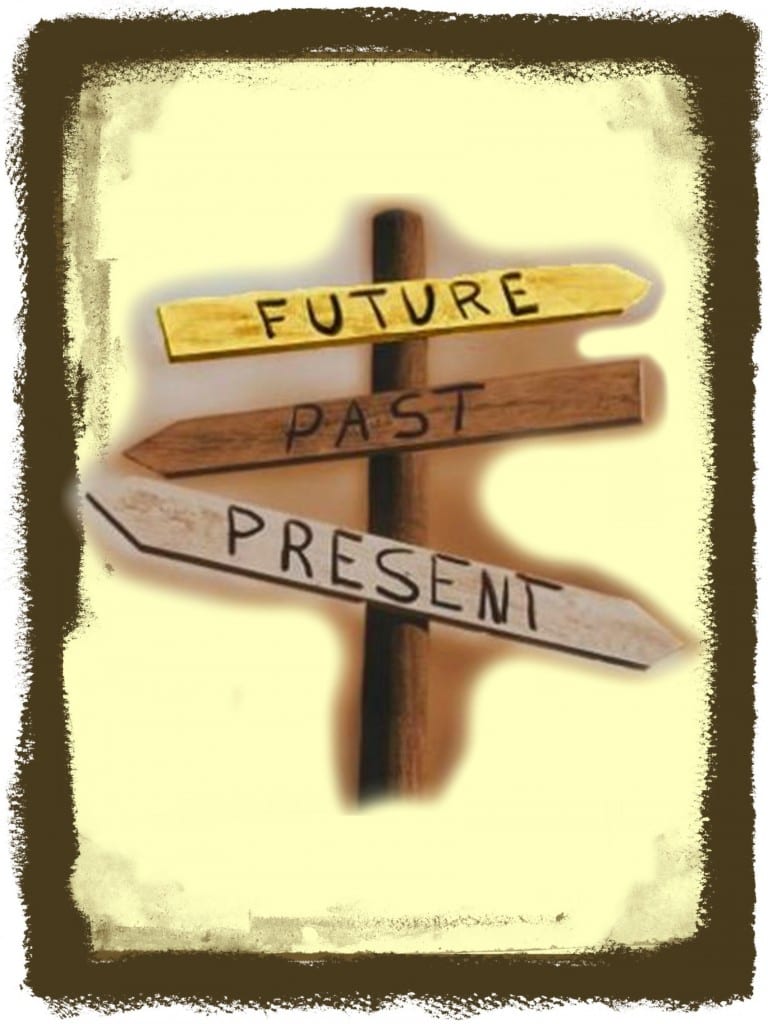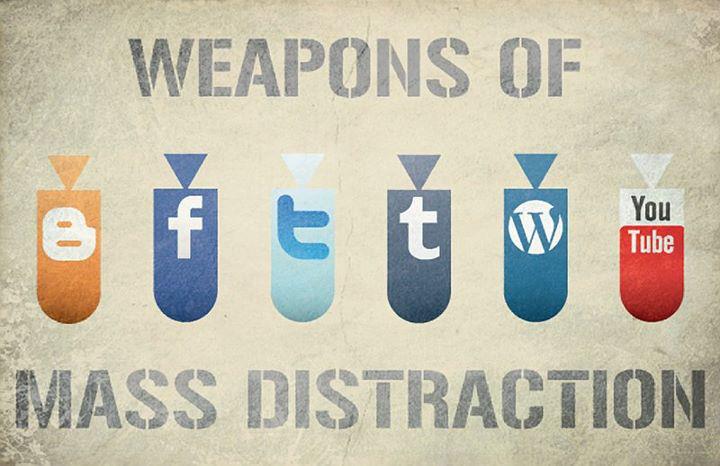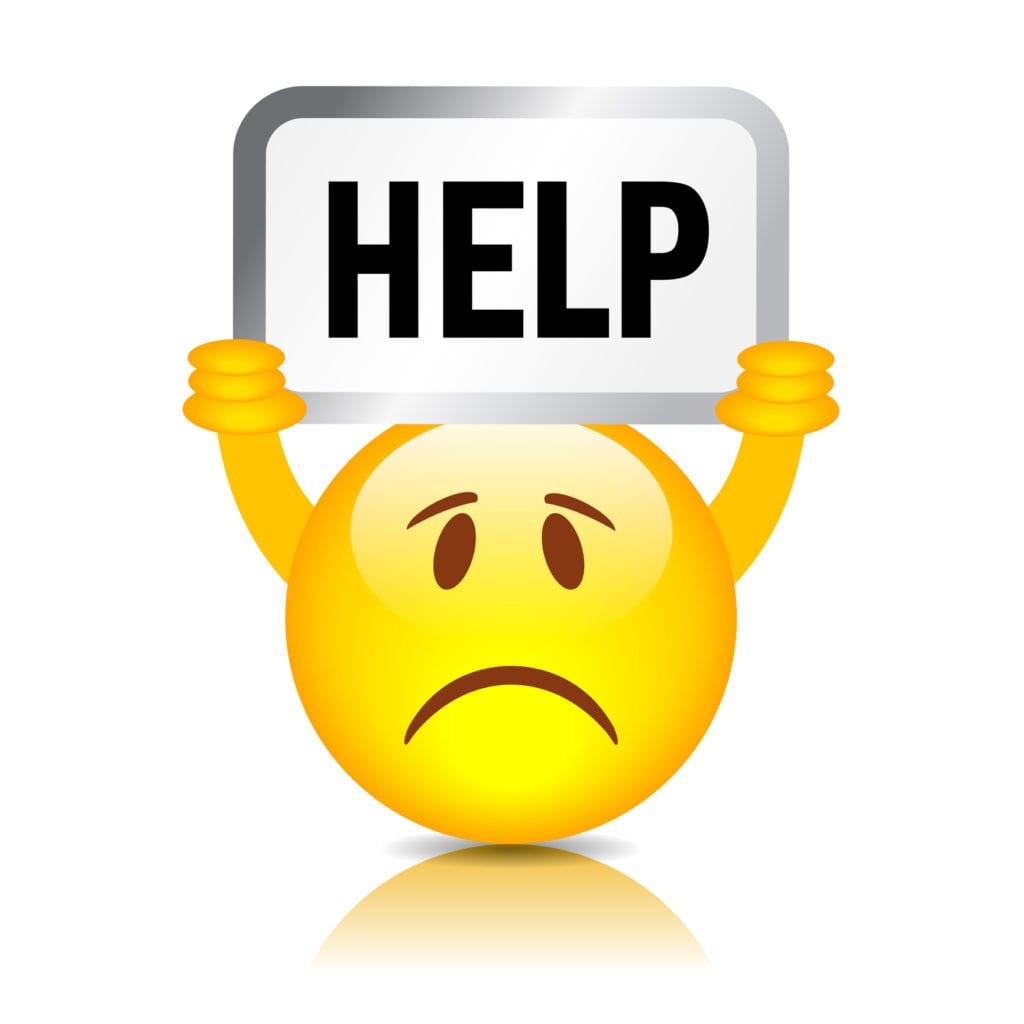Mission Myopia
The tones drop for an apartment building fire. On the way, dispatch is advising multiple calls, confirming a working fire and the possibility of people trapped. The mind of the officer on the aerial platform is busy processing – thinking – anticipating – what will need to be done upon arrival? Of course, truck work […]

